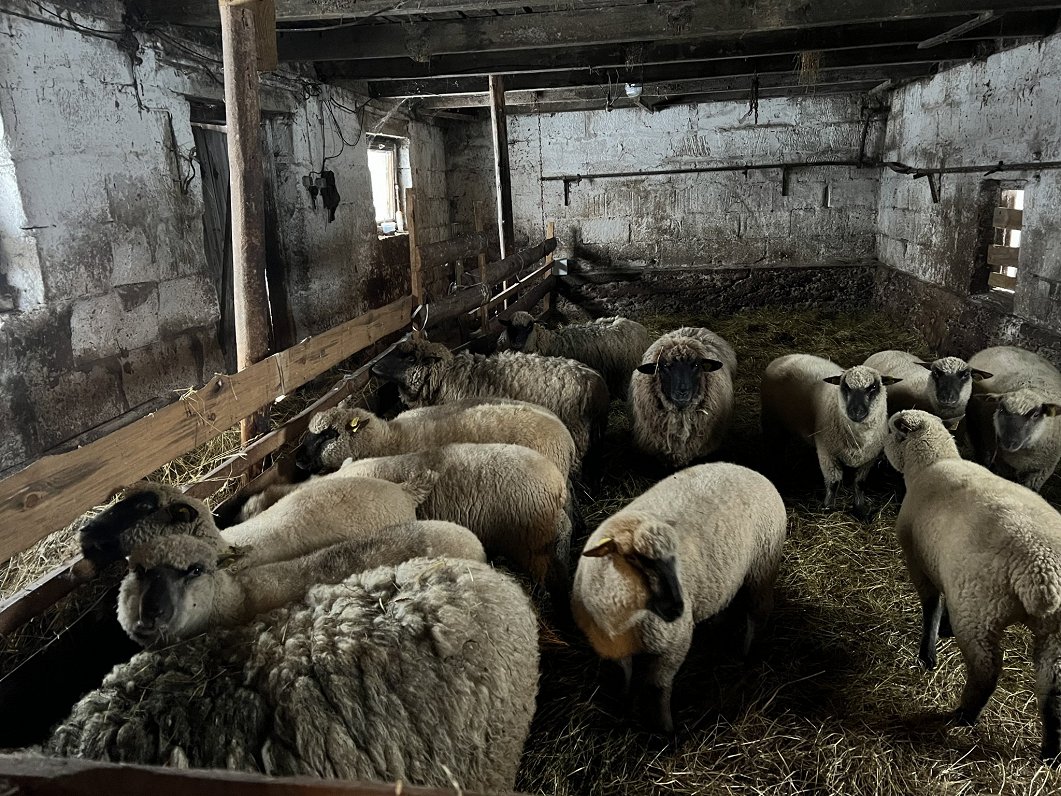Latvian Radio visited a sheep farmer Zigmārs Zaķis in the Jelgava municipality, Cenu parish. Zaķis has encountered wolf attacks on his sheep twice this year. He protects around 70 of the animals with an electric shepherd, but wolves have attacked them anyway. While the loss is big in terms of money, Zack acknowledged that it is mostly psychologically heavy. To alleviate the problem, he said, the state needs to help.
Zaķis said: “There needs to be some sort of interministerial solution. Resolving some compensation between industries or expanding the hunting limit."
During the wolf hunting season, which runs from July 15 to March 31, 280 wolves may be hunted. However, the farmer believes that time limits should not be in place.
“If once a wolf has walked a path to my farm, it will come a second time and a third time. It's not normal. It must be eliminated [..],” said the farmer.
A member of the Board of the Latvian Sheep Growers Association and the owner of Ralle farm, Ivars Frīdemanis from Kandava municipality, believes that the limit of the wolves to be hunted should be increased. He said that more than 90% of the limit has already been hunted for this season, although four months remain until the end of the season.
This year, the losses of sheep farmers are estimated at between €50 and €60 thousand. Although the losses are not so high on the common agricultural background, this prevents local farmers from successfully entering the European market with lamb meat, Frīdemanis said.
This year, a total of 77 wolf attacks have been recorded, with more than 480 livestock victims. Most were sheep, according to the State Forest Service (VMD). Compared to last year, two and a half times more livestock have suffered this year. The service is therefore considering increasing the quota from 280 to 300 killed wolves from next year.
The problem is also recognized by the Ministry of Agriculture, but compensation for losses is not intended to be introduced. What's more, the state is slowly abandoning the compensation mechanism, calling on farmers to gain support in the private sector.




























